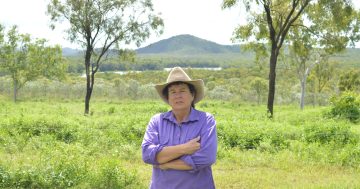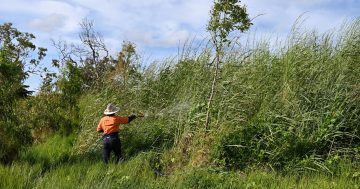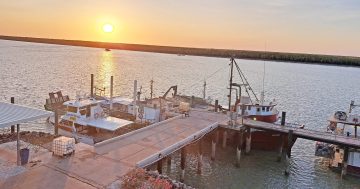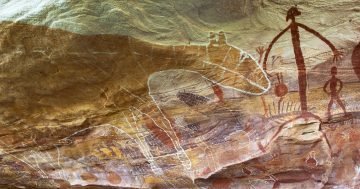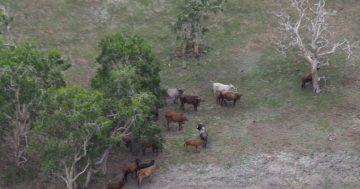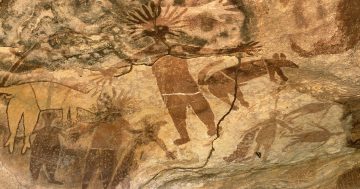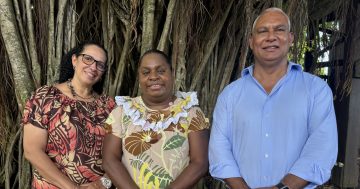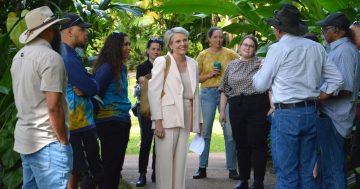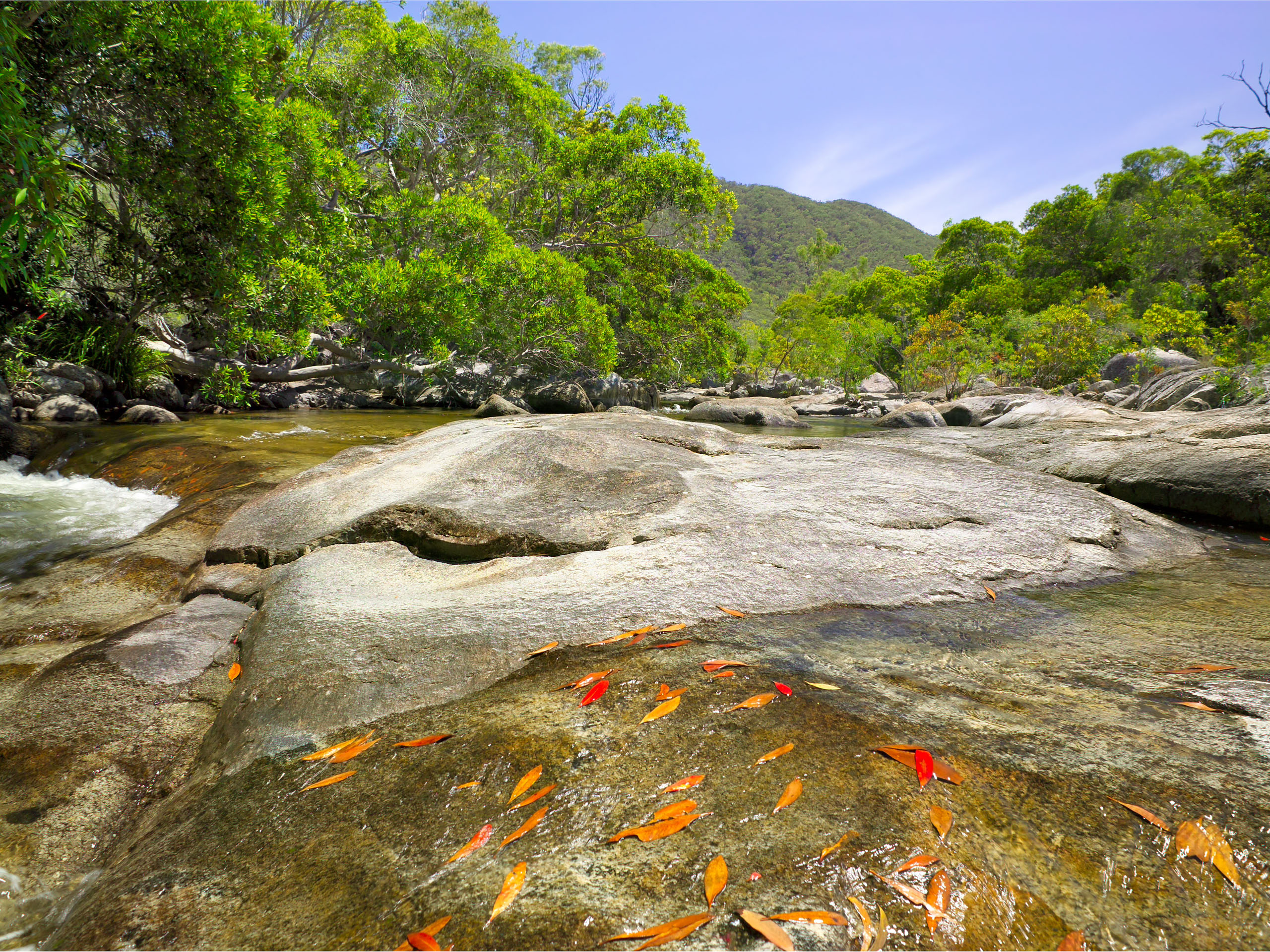
The State Government is asking Cape York residents to provide input on the future of Queensland’s private protected areas like the Brooklyn Wildlife Sanctuary. Photo: Wayne Lawler/Australian Wildlife Conservancy.
Cape York residents are being asked to have their say on the future of private protected areas across the region as part of a State Government commitment to boosting Queensland’s protected area estate through strategic acquisitions and voluntary partnerships with landholders.
A Fresh Start for Private Protected Areas – Discussion Paper has been released for consultation, marking the first step in developing a sustainable strategy for protected area expansion in Queensland.
Private protected areas, like nature refuges and special wildlife reserves, make up around a third of Queensland’s total terrestrial protected areas, which currently cover 14.9 million hectares.
Private protected areas are created through voluntary agreements between landholders and the government to safeguard lands with significant environmental value, while allowing landholders to retain ownership and use of the land.
Minister for the Environment Andrew Powell said the government was committed to working with farmers and landholders as environmental stewards to protect Queensland’s natural and cultural heritage.
“We are committed to unlocking new opportunities for private land conservation by working in partnership with landholders through voluntary agreements and strategic support to unlock new opportunities on productive private land,” he said.
“We know our primary producers are great environmental stewards, as they rely on healthy land for their livelihoods.”
Queensland Farmers Federation chief executive officer Jo Sheppard said the discussion paper was an important step in ensuring private protected areas worked for farmers.
“The agriculture sector appreciates having the opportunity to provide input to ensure the design of these programs reflects the realities of modern agriculture,” she said.
A six-week public consultation process is now underway, including an online feedback form, a submissions page, and roundtable discussions with key stakeholders and industry representatives.
To find out more about the consultation, go to the Department of the Environment, Tourism, Science and Innovation website before 12 September.


